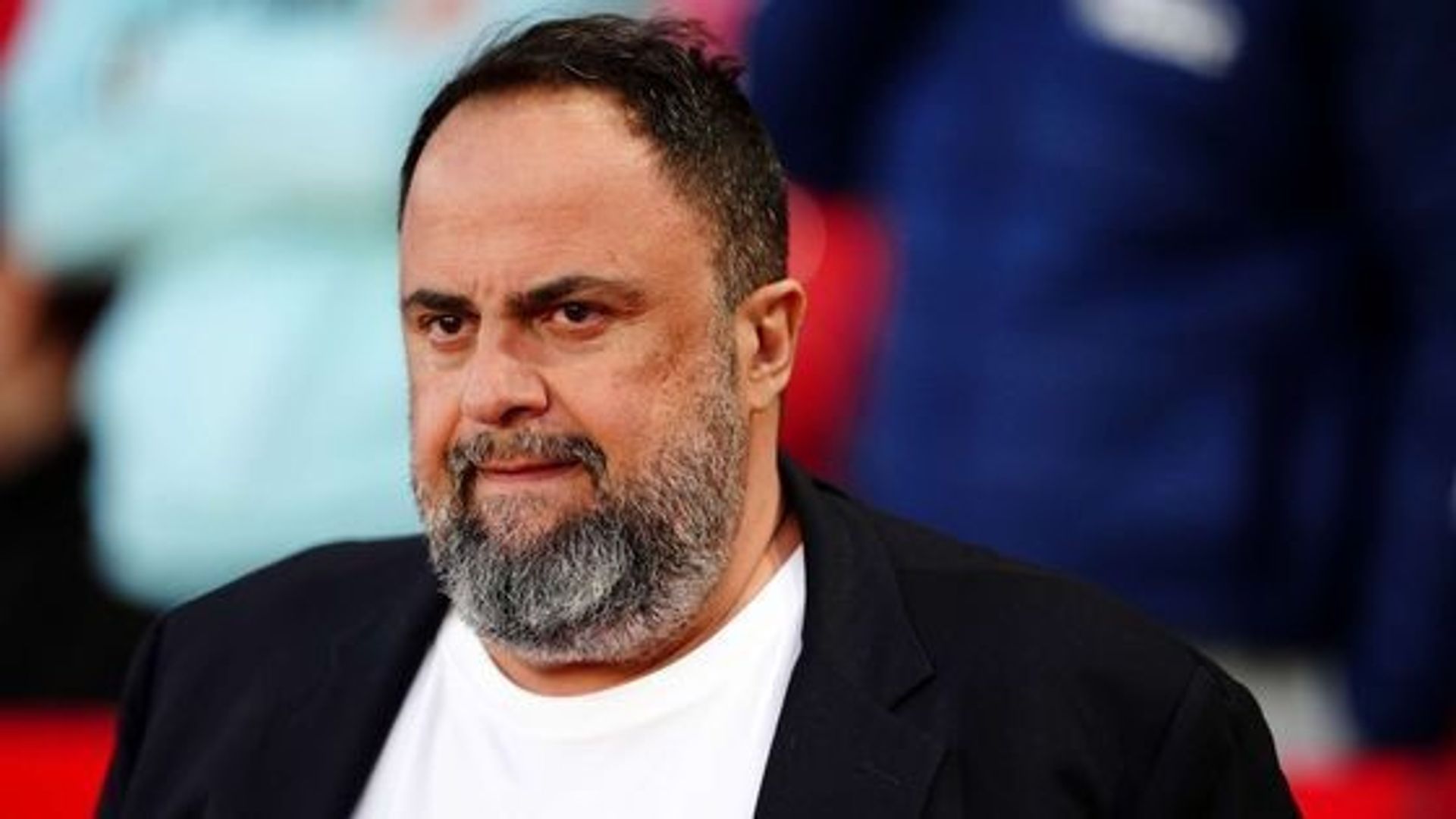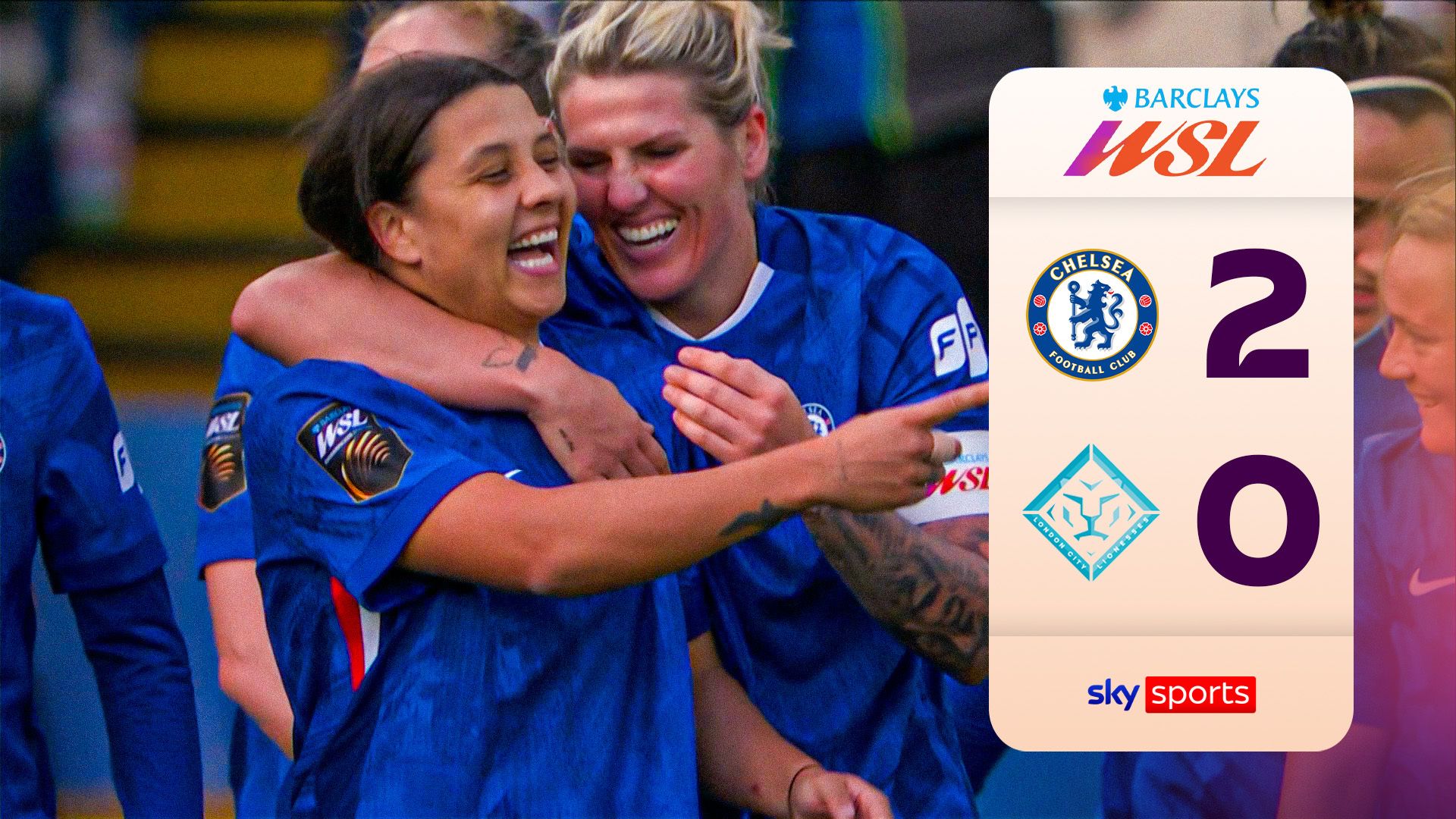Marinakis’ Controversial Pledge to Fund Medical Care for Injured Fans Reveals Deep Divisions Over Public Safety and Responsibility in Modern Society
The recent tragic incident involving a knife attack on a train in Huntingdon has sparked heated discussions surrounding public safety, community responsibility, and the role of prominent figures in addressing crises. Nottingham Forest owner Evangelos Marinakis has promised to help fund medical care for any fans affected by the attack, notably highlighting the actions of a season-ticket holder who sustained serious injuries while protecting a young girl. This pledge opens a Pandora’s box of complex issues intersecting sports, morality, and societal expectations.
At the heart of this story lies the broader context of violence in public spaces, a recurring theme in modern society. The brutal nature of the attack not only left one individual seriously injured but also instilled fear among fans and the wider community. Such incidents raise questions about the level of security provided in public venues, including sporting events and transportation systems. Many argue that the responsibility for fan safety should extend beyond the individual to include club ownership, law enforcement, and government agencies.
Marinakis’ intervention also prompts a debate about the role of wealthy individuals and organizations in shaping community welfare. How much should owners of sports teams be involved in the lives of their fans? On one hand, Marinakis’ offer can be seen as a compassionate response, a way to connect with supporters during a time of crisis. On the other hand, it raises concerns about whether financial support from such figures should be expected or sought in the wake of violence. Critics may argue that this creates a culture where the onus of care falls on those with financial means rather than addressing systemic issues that lead to violence in the first place.
To examine the implications of this incident further, we must consider the historical relationship between sports clubs and their fan bases. Clubs have traditionally held a powerful place within their communities, serving as cultural icons and sources of pride. However, the commercialization of sports has often led to a disconnect between clubs and their local supporters. When incidents of violence occur, they may serve to exacerbate this divide, forcing team owners to confront their responsibilities and the expectations surrounding their roles.
The reaction to Marinakis’ pledge has been mixed. Some fans have expressed gratitude for his willingness to assist those in need, viewing it as an admirable gesture that humanizes the often corporate nature of club ownership. Others, however, have been critical, questioning whether a financial contribution can genuinely address the underlying issues of safety and security. This dichotomy in reactions reflects a broader societal tension regarding the expectations placed on public figures, particularly in the context of the increasing occurrence of violence in everyday life.
As the investigation into the Huntingdon attack unfolds, the ramifications of this event may extend beyond the immediate community, potentially influencing policies regarding public safety and crowd control at events. Many stakeholders, including local authorities, sporting organizations, and fan groups, will need to engage in conversations about how to prevent future tragedies. This situation highlights an urgent need for holistic approaches to community safety that involve collaboration between various sectors, rather than relying solely on reactive measures.
There is also a notable aspect of this incident in relation to mental health. The psychological impact of violence on communities, especially those directly affected, is profound. Survivors, witnesses, and even the families of victims must navigate the aftermath of such traumatic experiences. The support offered by figures like Marinakis could play a role in addressing these mental health needs, but it must be part of a larger framework of care and support that includes professional psychological services.
The Huntingdon train attack, combined with Marinakis’ response, serves as a catalyst for discussions about the intersection of sports, community safety, and public responsibility. The narrative surrounding this incident will likely evolve as more details emerge, and it will be crucial for all involved—clubs, fans, law enforcement, and government—to engage in meaningful dialogue aimed at fostering a safer environment. As communities seek to heal, the reactions to Marinakis’ pledge will be a litmus test for broader societal attitudes toward responsibility, care, and the role of public figures in times of crisis. The discussions ignited by this tragic event are not just about one attack, but rather they reflect ongoing struggles with violence and the expectations placed on those in power to effect change.




